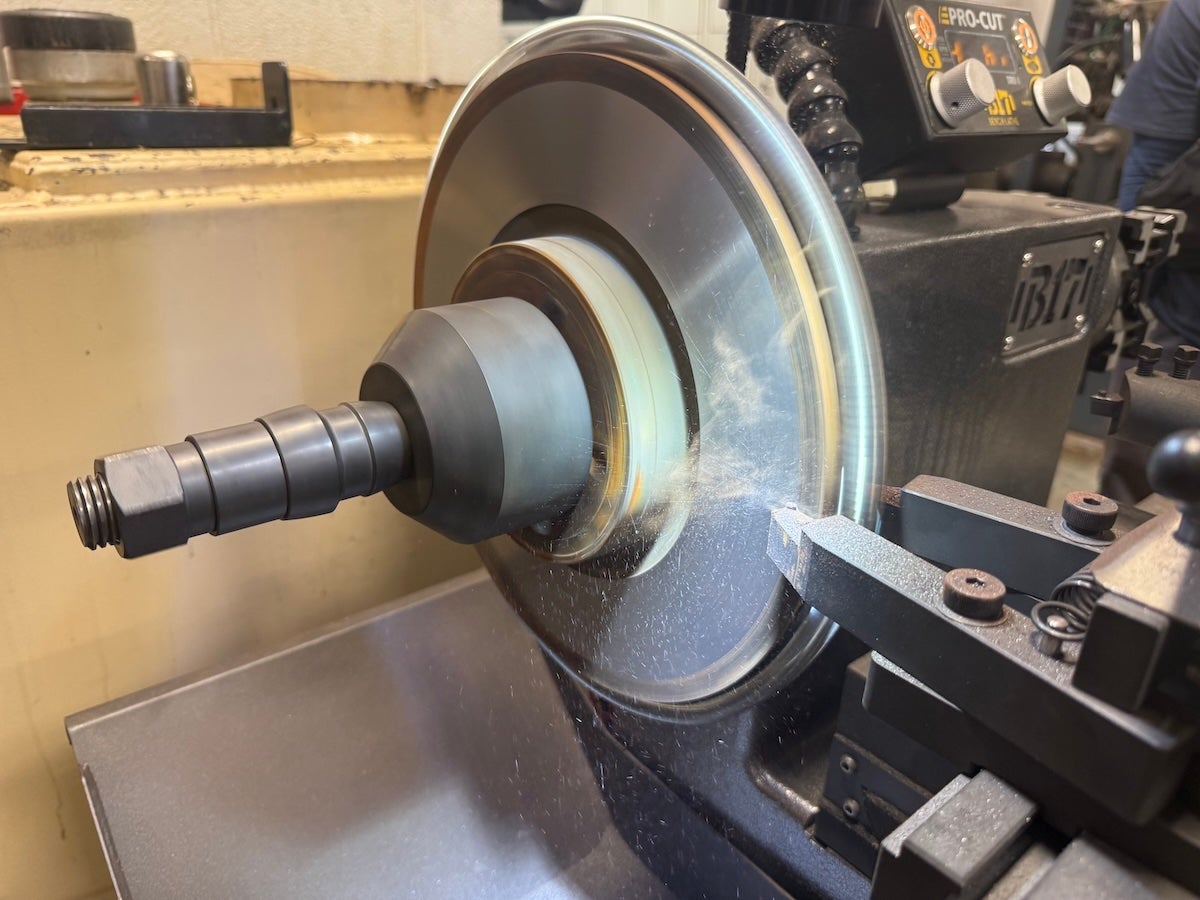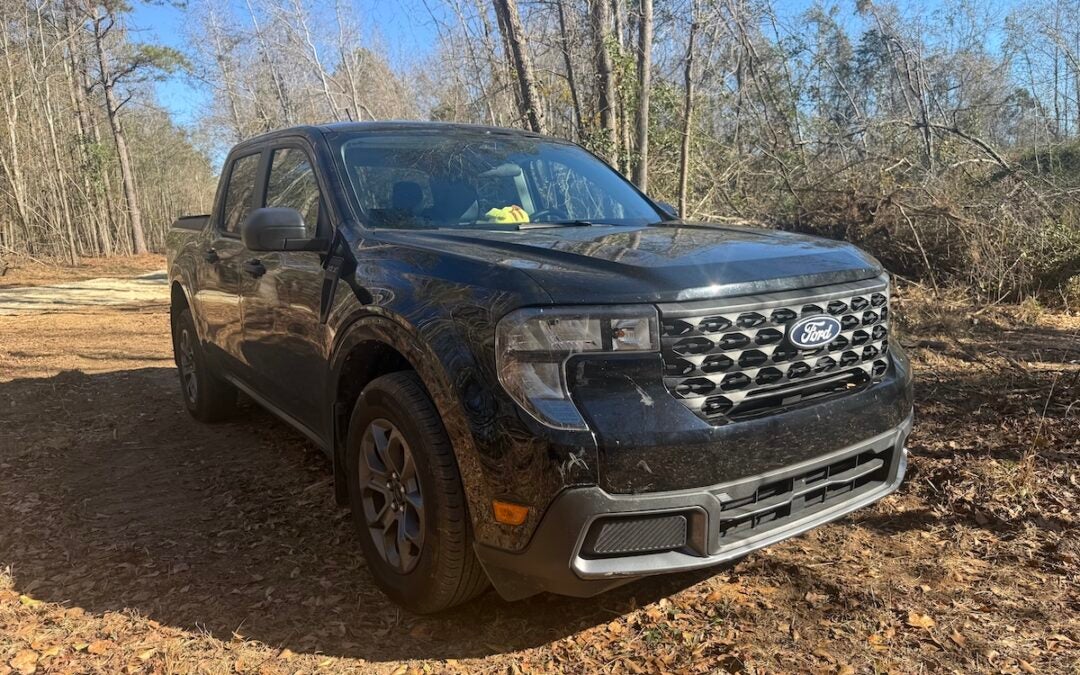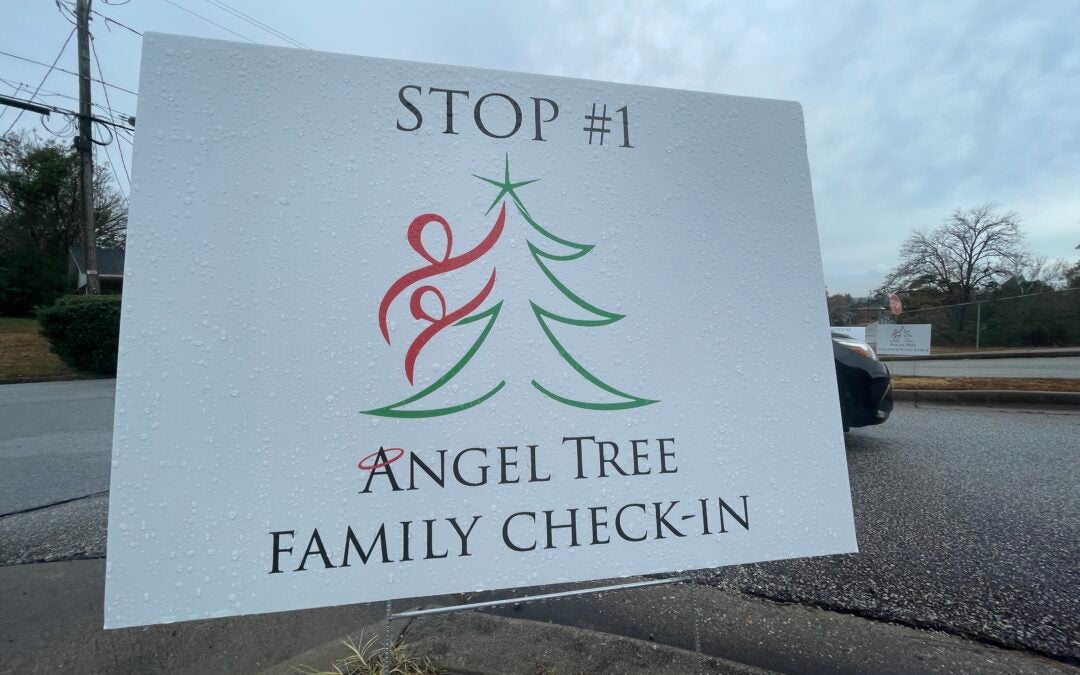“You can deal with a car that won’t start, but you can’t deal with a car that won’t stop” is a quote that lives inside my head, and the first thing I said to my students the first day of brakes class last week. The quote is from “Buffalo” Vince Tedhams, owner of the now defunct Buffalo Brakes shops in Augusta and was his selling point in commercials on local TV and radio.
I happened to work for Buffalo Brakes for a bit in the early 2000’s and became very good at repairing brakes. The techniques I learned there early in my career I still use and teach today.
What Vince said is 100% true as well. Brake failure is way more inconvenient than any other automotive issue and can even be deadly. I wear a one-inch scar on my forehead from an accident caused by a failed master cylinder in an old VW Beetle.
With speed limits getting faster, heavier cars, and more probability of distracted drivers, brakes have never been more important to driver safety. While improvements have been made over the decades, the principles haven’t changed much since covered wagons.
Fuel (or electricity) is used to propel our cars, increasing the kinetic energy. Since energy can neither be created nor destroyed according to the laws of physics, to decrease the speed of our cars, we need to turn that kinetic energy into another kind. Through a conventional braking system, we use the friction of braking materials to turn that energy into heat. The heat is managed by the braking system and transferred to the air.
You have a mechanical side of the braking system and a hydraulic side. The mechanical side consists of the parts that actual do the work, such as pads or shoes, rotors or drums, and the hardware that concerns them. These are the parts that get replaced the most due to wear. The hydraulic side is the muscle of the system, and consists of master cylinder, calipers or wheel cylinders, the anti-lock brake unit, and the lines and hoses that supply the pressurized brake fluid. These are generally serviced less but cause more catastrophic issues when they fail.
Servicing the brake system has changed quite a bit since I started turning wrenches. Long ago, we used to rebuild hydraulic parts and turn drums and rotors on lathes to keep the costs down. With the price of parts going lower due to offshore manufacturing and labor rates going up, it no longer makes sense to rebuild components unless they are expensive or rare. The last caliper rebuild I did was 10 years ago on a Rolls Royce, and that was due to not being able to find a whole caliper.
Entire braking systems can be found online for a few hundred dollars. While I will always recommend factory quality replacement parts for something as important as brakes, I rarely see it practiced in the industry. If you aren’t getting your parts from the dealer, ensure you are using a reputable source for them. Brakes aren’t the car system to save skimp on for sure.
The best way to extend brake system life and make sure your car is as safe as it can be is to get the brake system routinely inspected. This can be done at a recommended interval by the manufacturer (they vary widely) or whenever you have your car in for service. The technician should give your car a test drive, visually inspect for flaws, and measure all braking surfaces for wear. This may be a service you have to pay for but is sometimes included in routine maintenance.
Brake fluid also needs to be flushed routinely. Due to humidity and contamination, dirty brake fluid can corrode hydraulic and expensive anti-lock brake units. Testing strips and meters are used to make sure your fluid is up to specifications. This is especially important for newer cars with pricey components like brake actuators that can cost thousands of dollars to remedy.
While braking systems have become more complex, their importance to safety is still paramount. Make sure you check your brakes regularly and correct any little issues before they turn into an insurance deductible, or worse.
As for me, I will see you on the road!










